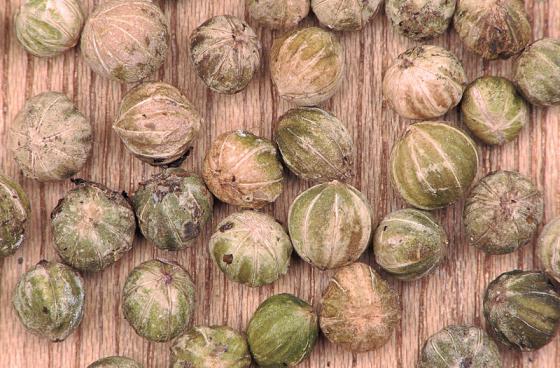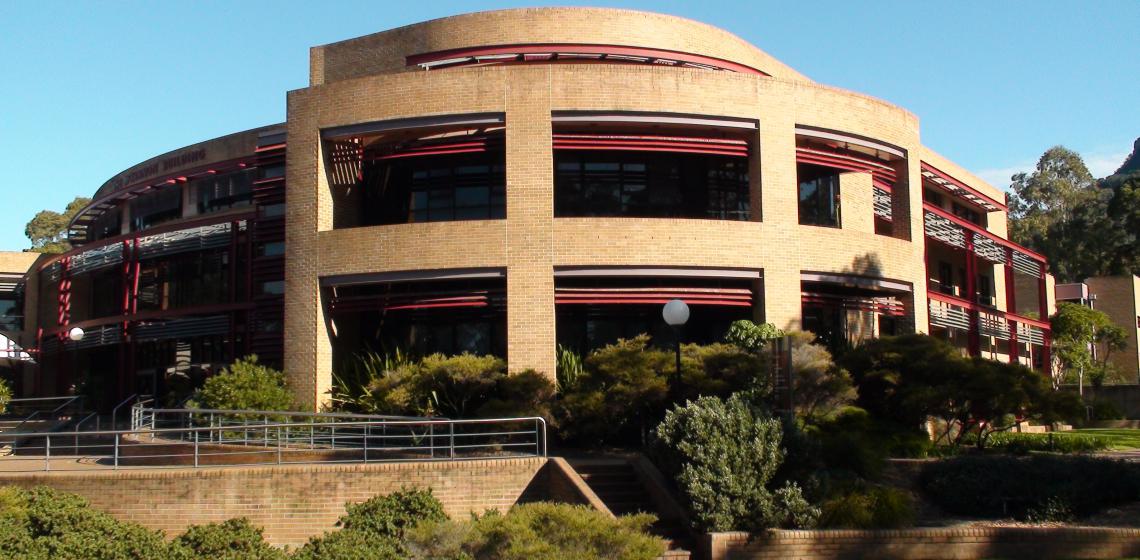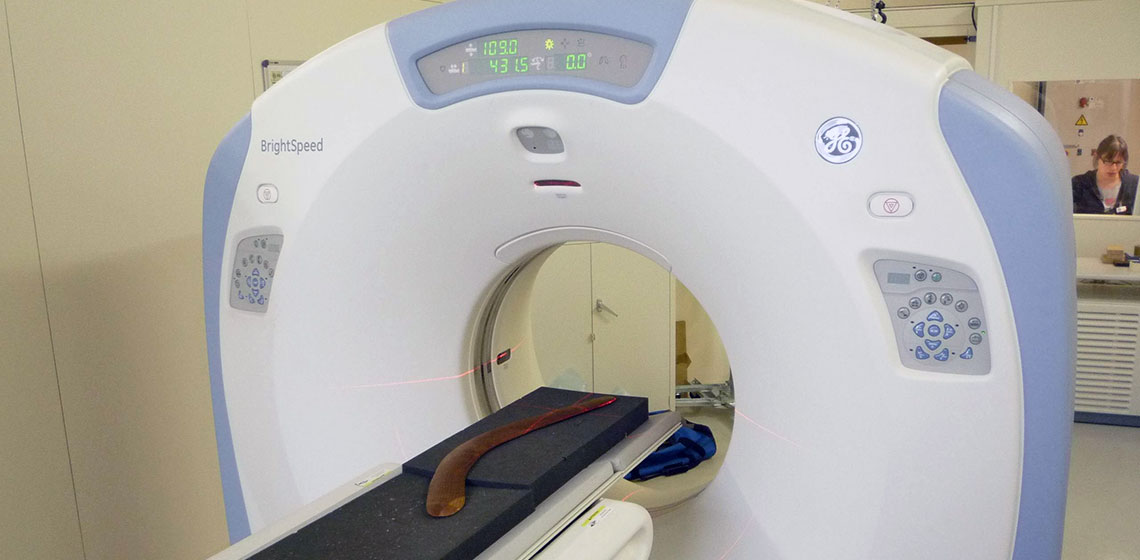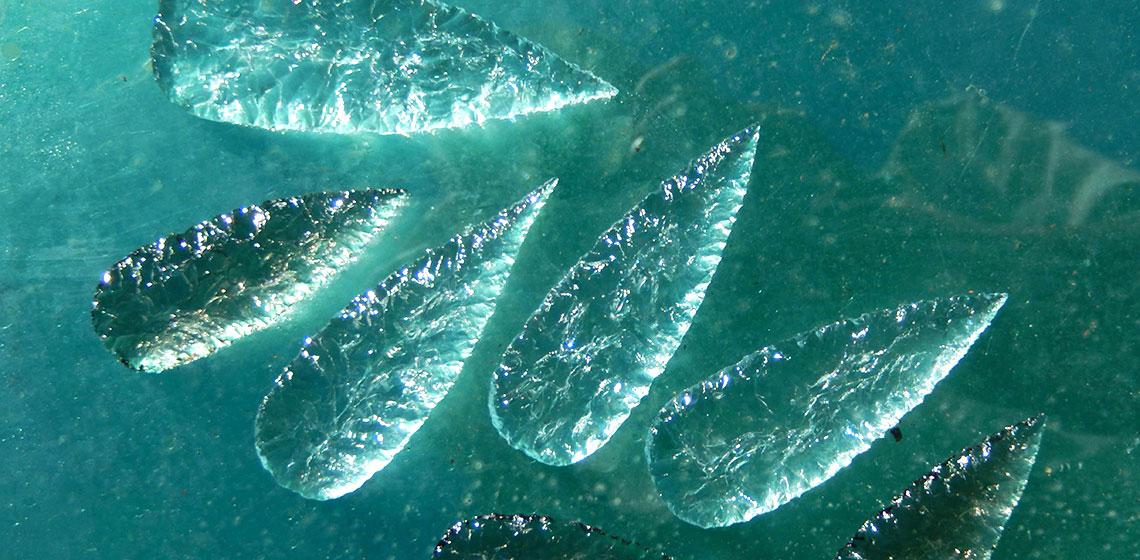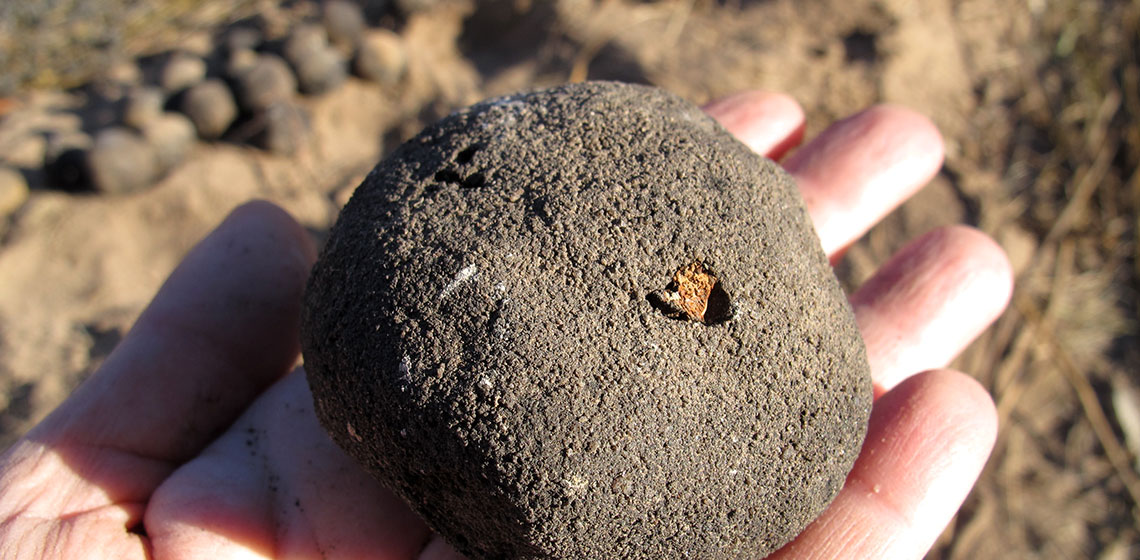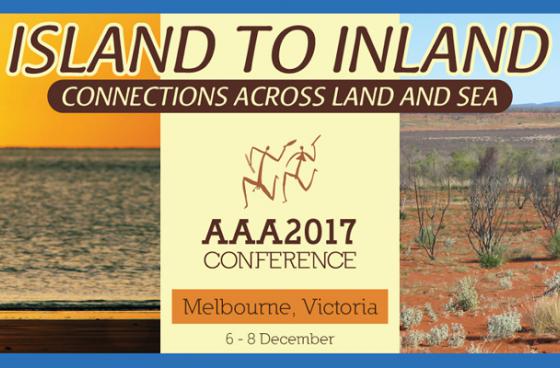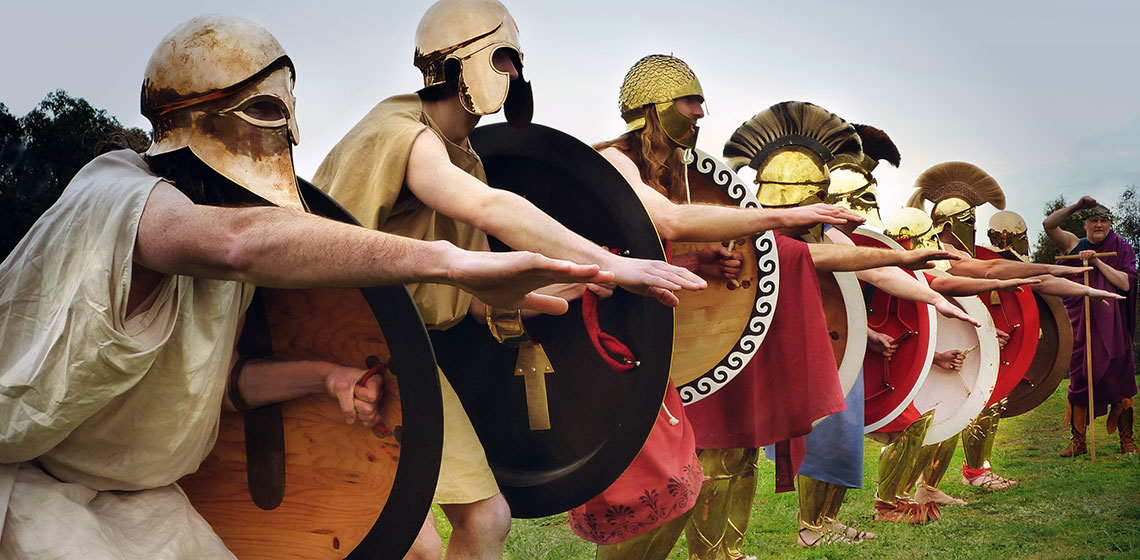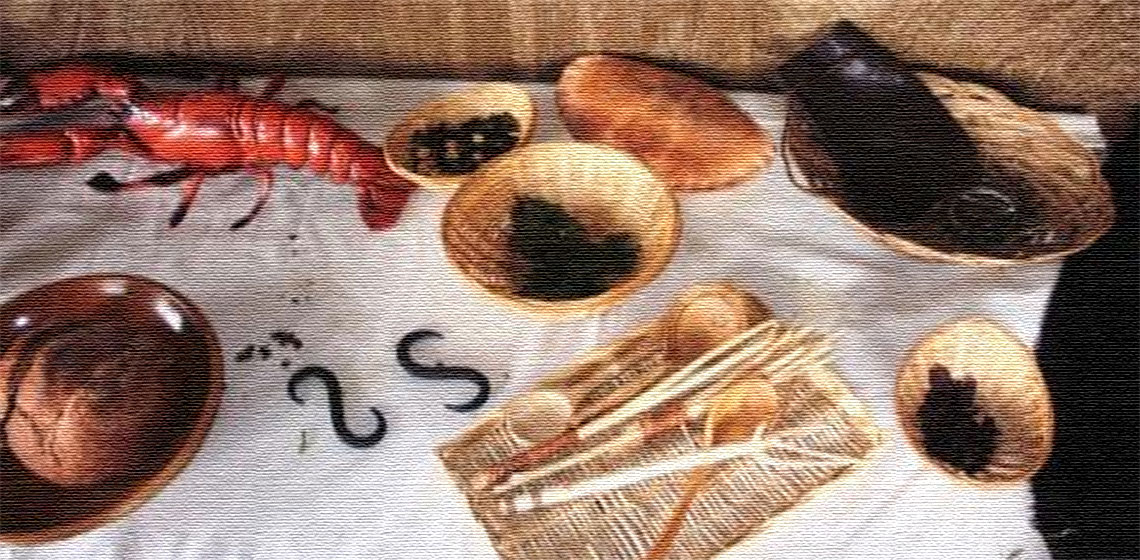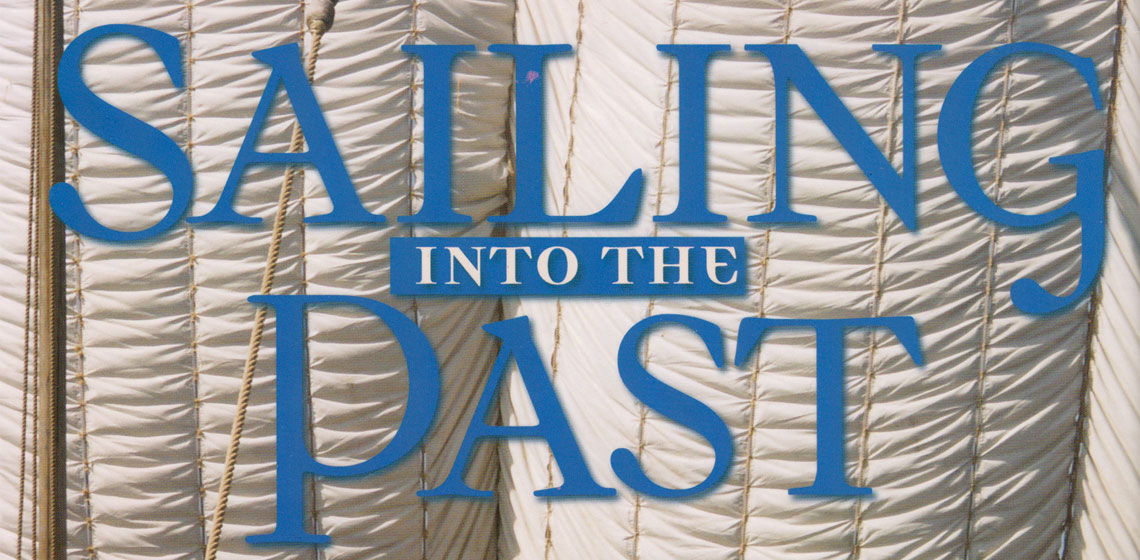The University of New England has a well-earned reputation as one of Australia's great teaching, training and research universities. Through its leading role in the provision of distance education, UNE has contributed to the nation's development over more than half a century. Today, UNE is extending its global reach through the adoption of the latest communication technologies, and is recognised as an innovator in flexible online education.
Archaeology at UNE has a national and international reputation for research and teaching across a diverse range of areas. These include the discovery and description of the ‘hobbit’ (Homo floresiensis) in Indonesia, research into stone tool ‘design space’ and cognitive evolution, analysis of the history of commensal and domesticated animals, patterns of exchange in the Bronze Age of southern Arabia and the Near East, and the landscapes of global colonialism reflected in the 19th Century convict system in Australia.

